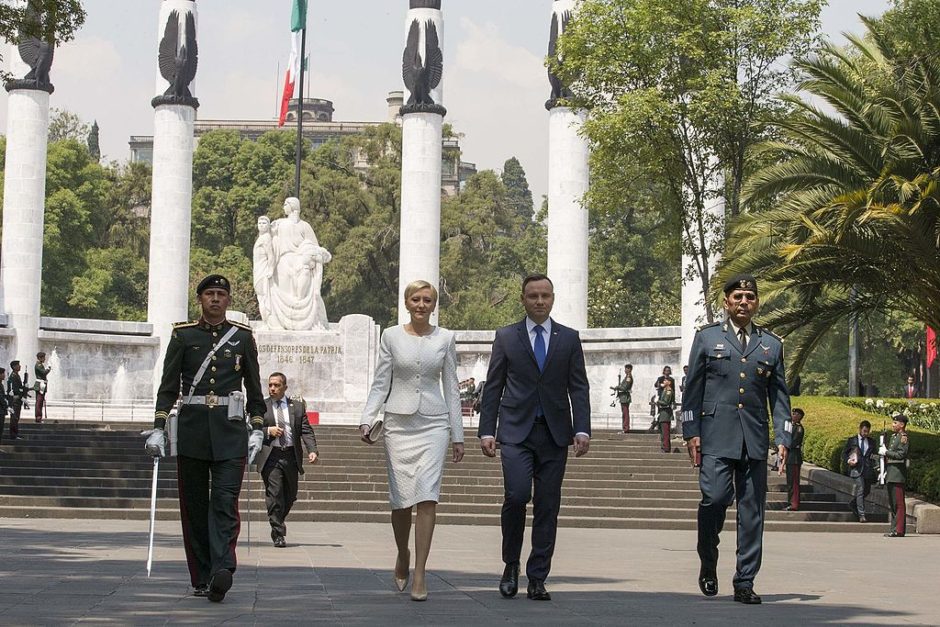Polish President Andrzej Duda recently delivered a candid speech to mark the 50th anniversary of the antisemitic campaign launched by the then Communist regime under the guise of anti-Zionism. As a result of the calumnies levelled against Polish Jewish citizens, the vast majority of whom were highly assimilated, 13,000 or more Jews fled into exile, settling in countries ranging from Sweden to the United States.
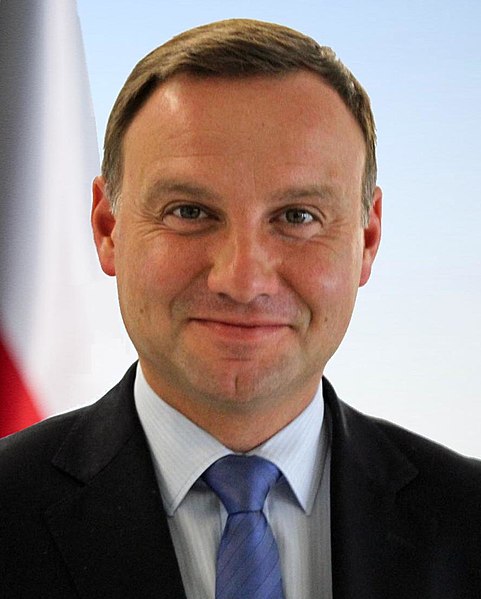
In recalling this disgraceful chapter, Duda issued a long overdue apology. “I’d like to say please forgive Poles, the Poland of that time for having carried out such a shameful act.”
The lower house of parliament, the Sejm, was also contrite, passing a resolution condemning this episode of state-sponsored antisemitism.
Prime Minister Mateusz Morawiecki issued a condemnation, too, but in doing so he whitewashed history. Having previously set off a storm of indignation by absurdly claiming that Jews were one of the “perpetrators” of the Holocaust, he attributed the anti-Jewish purge to the former Soviet Union, thereby exonerating Poland.
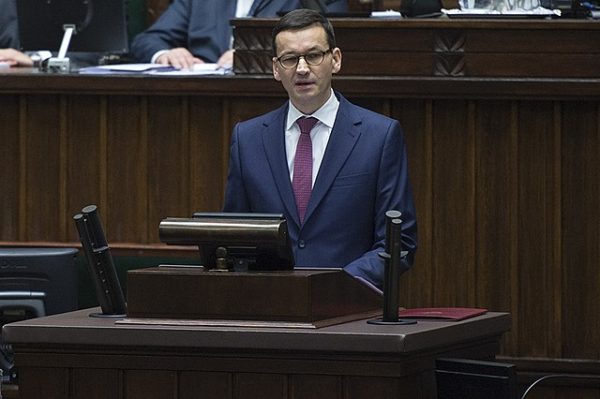
In his reading of the events of 1968, Poland could not be blamed for the antisemitic campaign because it was neither an independent nor a sovereign nation, but rather a satellite state dependent on a superpower whose name he neglected to mention. Morawiecki, of course, was referring to the Soviet Union, which, along with Poland and other countries in Eastern Europe, were members of the Warsaw Pact alliance.
The insinuation on Morawiecki’s part that its Soviet puppet master compelled Poland to persecute its Jewish citizens is disingenuous and untrue. The anti-Jewish campaign was rooted in antisemitism, of which there was no shortage in Poland, and in a power struggle within the Communist Party that scapegoated Jews. It had very little, or nothing, to do with Soviet policy, even though Joseph Stalin and some of his successors singled out Jews for second-class treatment.
Fifty years on, astonishingly enough, Poland is still struggling with its demons.
Poland ignited an international outcry recently when it passed a law criminalizing accusations that the Polish “nation” or the “Republic of Poland” were responsible for Nazi crimes during World War II, and that Nazi concentration camps in Poland were “Polish.”
One can easily understand why Poland was outraged by the false and malicious assertion that Nazi extermination camps, such as Auschwitz and Treblinka, were Polish. But was there a need for a law to rebut the accusation that the Polish state was complicit in Nazi crimes?
The short answer is no.
Much to its credit, Poland was one of the few countries under German occupation that did not collaborate with Germany. Indeed, the Polish government-in-exile in Britain condemned Nazi atrocities and was not in the least complicit in them.
The legislation passed recently is troubling because it implies that Polish citizens played no role in the persecution and murder of Jews during the Holocaust. In terms of historical truth, this is utterly inaccurate, as reputable historians, Polish or otherwise, have proven beyond a reasonable doubt. During a visit to the United States last week, Marek Magierowski, the Polish undersecretary of state, acknowledged that some Poles committed “ignoble acts” during the Holocaust.
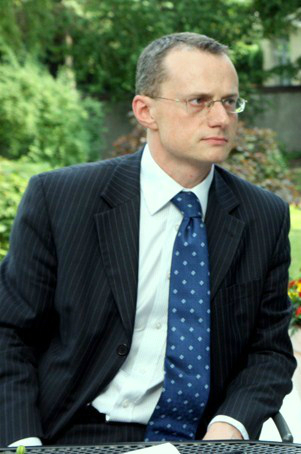
As a U.S. State Department declassified report from 1946 states, “native Poles” were involved in the Nazi persecution of Jews. And in pogroms following Germany’s defeat in 1945, more than 500 Jews were killed.
The report also says that the Polish government was complicit in the economic boycott against the Jewish community in the 1930s. During these years, it adds, “Polish antisemitism was preached by political parties and church heads and practiced by officials high and low.” On the eve of Germany’s invasion, antisemitism “was one of the distinguishing factors of the country’s political, social and economic life.”
The invasive antisemitic atmosphere that pervaded pre-war Poland is something that most Poles refuse to acknowledge today. Earlier this month, in announcing the planned opening in 2023 of a museum dedicated to the wartime Warsaw Ghetto, where almost 500,000 Jews were imprisoned at one point, Polish Culture Minister Piotr Glinski said, “I would like this institution to speak of the mutual love between the two nations that spent 800 years here, on Polish land.”

At best, Glinski was engaging in wishful thinking. At worst, he was cynical or dishonest.
Based on the record, there was no “mutual love” between Jews and Poles, though there were certainly friendships and mixed marriages over the centuries.
With the passage of the most recent Polish legislation on the Holocaust, ties between Poles and Jews have taken a hit, damaging nearly 30 years of reconciliation. Nonetheless, it’s clear that Poland wants to maintain a positive relationship with Diaspora Jews and Israel.
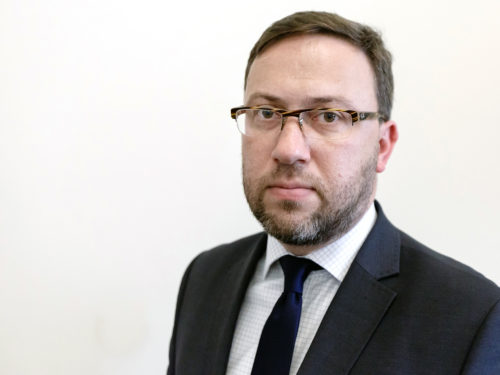
On March 1, a Polish delegation headed by Deputy Foreign Minister Bartosz Cichocki launched talks with Israel in Jerusalem to resolve differences over Poland’s controversial Holocaust legislation. Several days later, following reports that Poland’s bilateral relations with the United States could be tarnished by this law, Duda’s chief of staff, Krzysztof Szczerski, arrived in Washington, D.C. to discuss it with Trump administration officials.
It remains to be seen whether Poland will do anything to assuage international concerns about it.
The ball is in Poland’s court.
